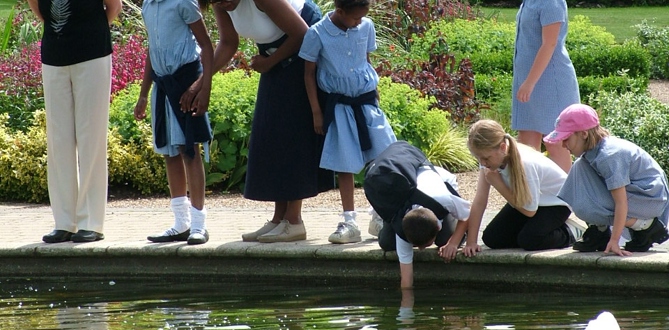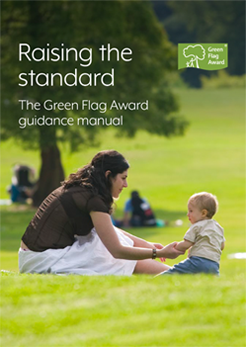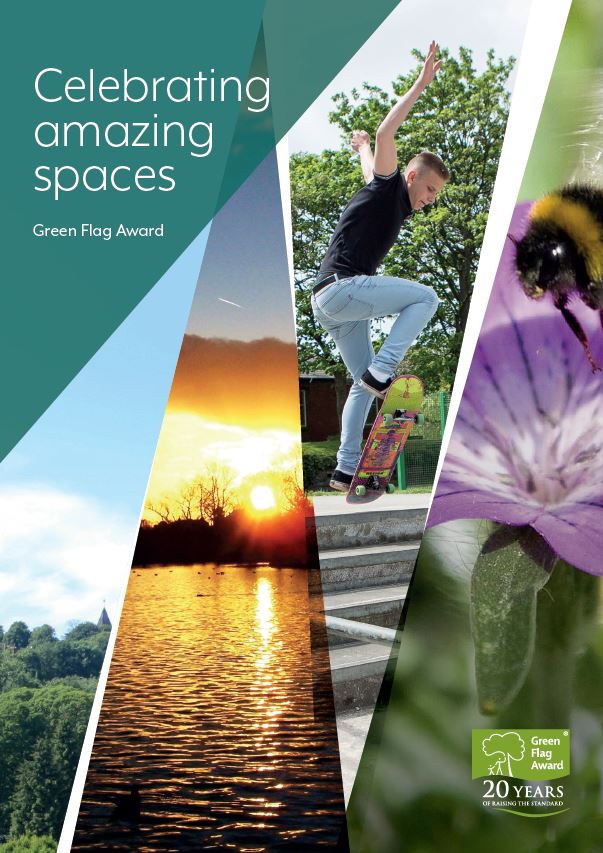11 September 2018

At Green Flag Award, we have always known just how important and valuable green space is, particularly in urban environments and particularly for children.
A new study published this week suggests that providing quality green space in the places where people live does not just improve health and wellbeing but could also help improve children’s academic performance.
New research from University College London’s Institute of Education suggests that children living in areas with more green space around them may have better spatial working memory.
Spatial working memory is a measure of how effective people are at orientation and recording information about their environment. It enables us to navigate through a city or remember the position of objects.
The research, published in the British Journal of Educational Psychology, found that a lower quantity of neighbourhood green space was related to poorer spatial working memory, and this relationship was the case in both deprived and non-deprived neighbourhoods.
The study looked at 4,758 11-year-olds living in urban areas in England.
The researchers measured spatial working memory through visual and spatial memory tests conducted on computers. The participants were asked to search for blue tokens hidden within coloured boxes displayed on a computer screen without returning to a box where a token had previously been found. The task gradually became more difficult as the number of boxes increased.
The number of errors made by participants was measured and researchers found that children in neighbourhoods with more green space made fewer errors. They were also more likely to be from socio-economic advantaged backgrounds and participate in sport.
When factoring in controls relating to family poverty, parental education, sports participation and neighbourhood deprivation, the findings suggest that exposure to greenspace may have specific cognitive benefits for children.
“Our findings suggest a positive role of green space in cognitive functioning. Spatial working memory is an important cognitive ability that is strongly related with academic achievement in children, particularly mathematics performance,” said Professor Eirini Flouri.
“If the association we established between neighbourhood green space and children’s spatial working memory is causal, then our findings can be used to inform decisions about both education and urban planning.”
You can read the report here https://onlinelibrary.wiley.com/doi/full/10.1111/bjep.12243




